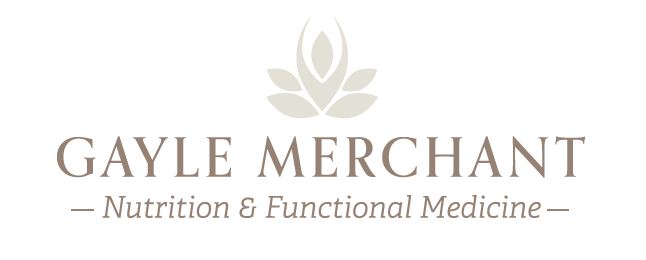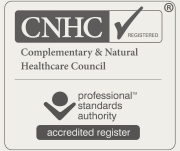PCOS
Polycystic ovary syndrome (PCOS) is a condition that affects the ovaries, which causes irregular periods and affects fertility.

PCOS is a common condition linked to hormonal imbalances. It can affect the regularity of the menstrual cycle which in turn can affect a woman’s ability to conceive. There can also be signs of excess body hair and acne due to the higher levels of male sex hormones. There can sometimes be cysts on the ovaries, but not always.
What are the symptoms of PCOS?
- Infertility or miscarriages
- Insulin resistance
- Irregular periods or missing periods
- Weight gain
- Acne
- Hair growth or thinning hair
- Low sex drive
- Anxiety or low mood
What causes PCOS?
There are no clear causes as to why PCOS develops but there are several risk factors that can interplay;
- Insulin resistance – increases male sex hormone production in turn affecting egg production.
- Genetics – it can run in families
- Smoking
- Lack of exercise
- High alcohol intake
- Early puberty
- Epilepsy
- High birth weight
Conventional approach
There are several different drugs that address each of these symptoms. If a woman is trying to conceive then there will be oestrogen modulating medications. For insulin resistance, Metformin is often prescribed which helps to reduce blood glucose levels. For irregular periods then the oral contraceptive pill will be offered to help restore a regular cycle with ovulation. For acne, antibiotic creams and hormonal contraception.
Things you can do:
- Cut out sugar and avoid food with a high glycaemic load. Sugar spikes blood glucose levels which can contribute to insulin resistance. Foods that have a high glycaemic load get converted into sugar more quickly than low glycaemic foods. Choose foods like non-starchy vegetables, berries, nuts, sees, avocado, organic meat and wild fish and eggs.
- Rest and relaxation – poor sleep can affect hormone levels including insulin levels. High levels of cortisol (stress hormone) can affect appetite and weight.
- Exercise regularly. Exercise increases cell receptor sensitivity to hearing insulin to help the blood glucose be taken up by the cells. Be careful of over exercising though as too much exercise can contribute to PCOS and a disrupted cycle.
- Avoid endocrine disruptors. These are chemicals that affect the natural hormonal balance in the body. Some examples are BPA in plastics, pesticides in non-organic foods, phthalates in chemical cleaning products and personal care products so switch to low toxic, environmentally friendly, organic brands.
What can Functional Medicine do to support?
- Personalised dietary plan to help you reduce insulin levels and regulate blood sugar levels.
- Supplements and herbs to assist with blood sugar levels.
- Lifestyle suggestions including exercise which is vital to control blood sugar levels.
- Herbs and supplements that help to manage hormone balance.
- Functional testing to determine hormonal balance.
5 Pillars of Functional Medicine

Managing Stress
Chronic stress can lead to an increased risk for many diseases through
suppression of the immune system. Lets find ways to manage stress and to
nurture, to calm, to re-set and restore the immune and nervous system.

Sleep
Sleep is the first like of defence against infectious disease. Getting good quality
sleep is restorative and preventative. We’ll work together to ensure you have
a good sleep routine and get a least 7 – 9hrs restful sleep a night.

Nutrition
Food is our medicine; it tells us what genes to switch on or off, it gives the cells
the nutrients that the body needs to function and provides the energy that we
need to lead an enriched life. Here, we’re all about enjoying food for life.

Relationships
Toxicity is not just about chemicals and pesticides; toxicity can come from
relationships and can affect our physical and mental health and well-being.
We’re all for healthy relationships that help us to thrive and grow as human beings.

Exercise
Lack of exercise is the primary cause of most chronic diseases and also accelerates ageing.
Exercising can prevent or delay the onset of chronic disease and it supports
better sleep, assists in weight control, improves mood and boosts energy.
PCOS and Functional Medicine
Do you suffer from PCOS and have tried all the usual approaches?
Functional Medicine can help you, simply book an online consultation or arrange a free 15 minute discovery call and find out how we can help.





